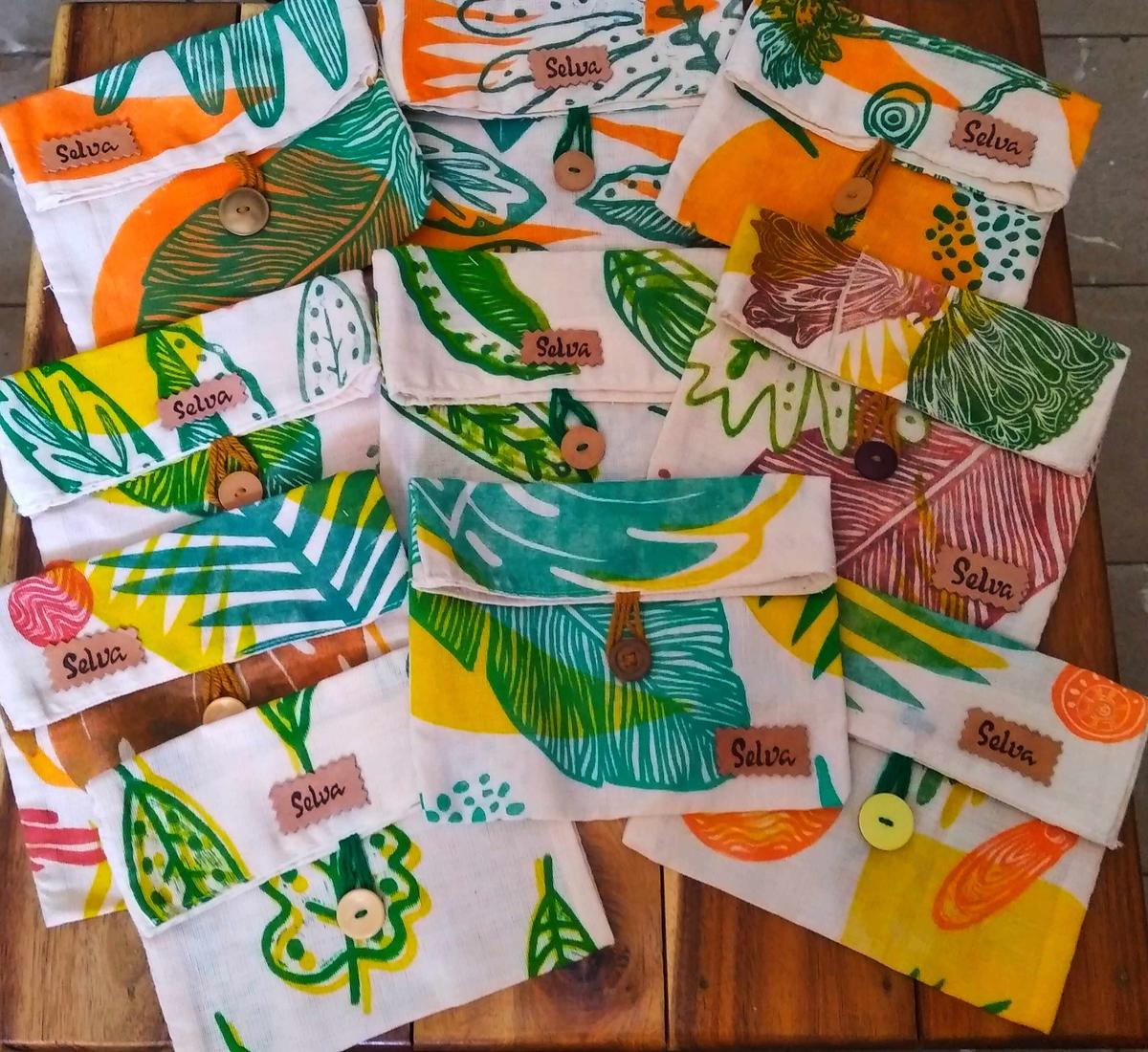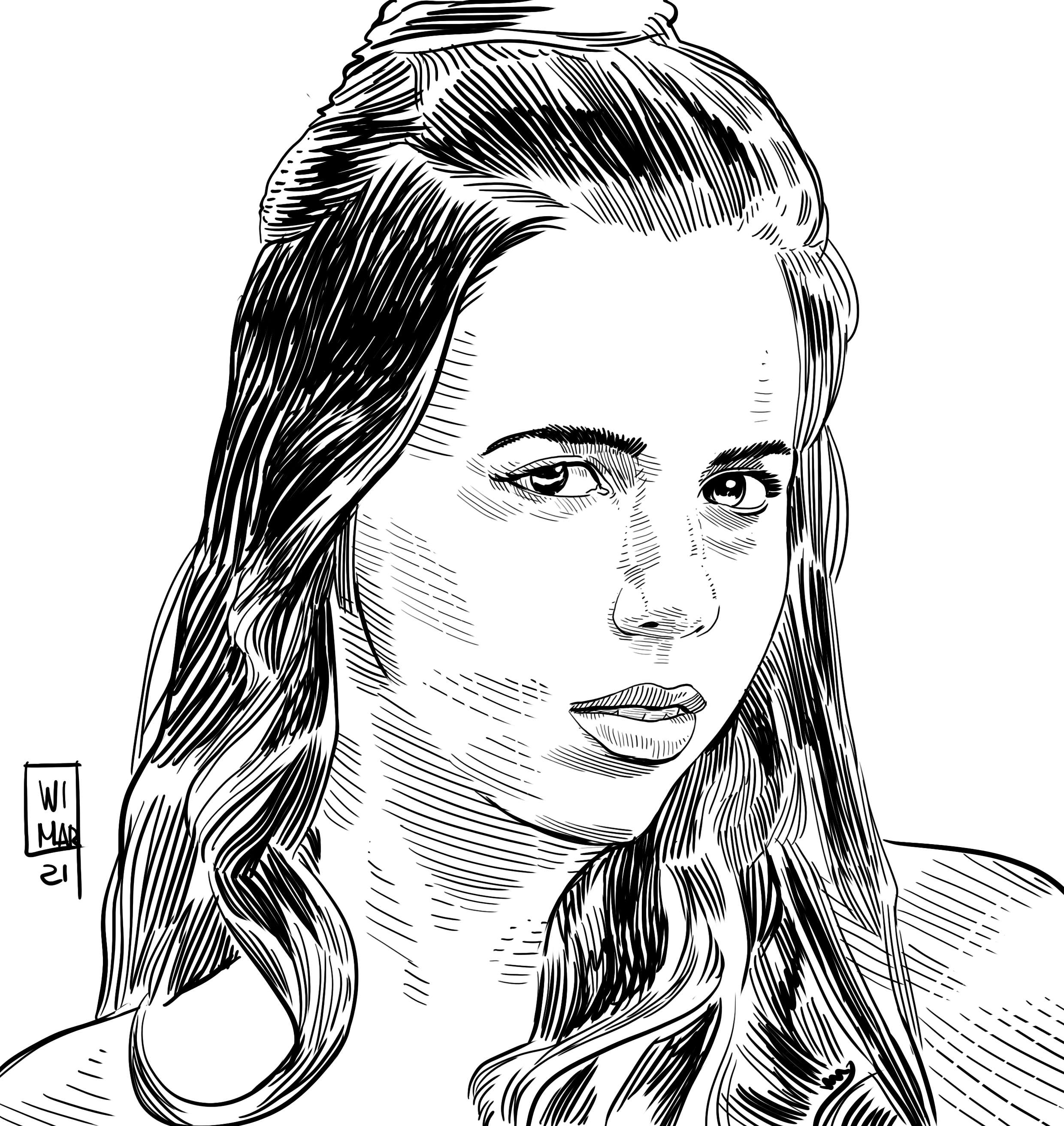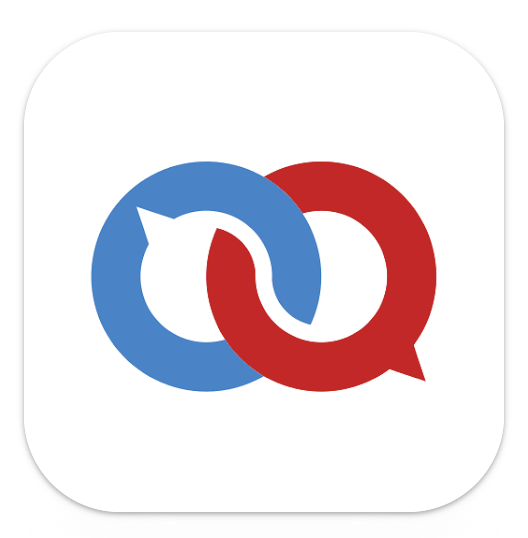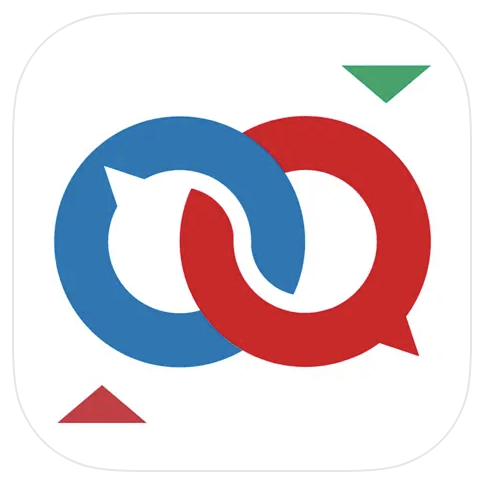Reusing is an everyday activity in Cuba. Giving a second or third life to objects after they’ve served their original purpose has become so naturalized, that few people understand the importance what they do out of necessity has on the environment.
Within the business community and for many years, Cubans have been putting into practice a concept that is currently booming right now, especially in industrialized countries, and they didn’t even know it: sharing, renting out, reusing, repairing and recycling materials as many times as possible, looking after natural resources and thereby respecting Nature.
“The circular economy isn’t new on the island. The clearest example of this is people going out to buy perfume bottles to refill them. We don’t agree with this business because these perfumes don’t have a quality certification and everything else, but you can see the intention of reaching a circular economy, maybe not even knowing about it or being aware of it,” Budery Dueñas explains, a member of the Negolution community.
Like its name indicates, the term refers to the circular cycle that optimizes use of resources, renewing products, choosing renewable energy sources. It’s a production and consumer model that goes against the linear economy: manufacture, use and waste.
Many Cuban small private businesses make or have mechanisms to implement a circular economy; however, they don’t know what it is exactly or have the tools to implement it.
Dueñas gives the example of a hairdresser who wastes a lot of water every day with remains of dye, shampoo, conditioner, and she doesn’t know how she can avoid wasting it.
She also knows young women at a carpenter’s workshop, where a lot of sawdust is created and they don’t know what to do with it. “They are aware that this is a material in high-demand by people with cats because of its ability to absorb urine and dehydrate faeces,” she says.
However, they have no idea how to close this cycle and make sawdust a product they can give away or sell.
“It’s worth pointing out that the circular economy isn’t about donating waste, like many people think it is. You can still earn money from what you consider waste, because it’s a raw material to somebody else,” Budery Dueñas explains.
The environment is the “raw material”
While some businesses are structuring themselves and exploring new strategies, there are others who set out on being sustainable and implementing the circular economy, as much as they could, from the get-go. Some use what seems completely useless, and others responsibly use what Nature gives them: rain, sun, plants…
Selva is one of these alternatives, an eco-friendly business that promotes environmental awareness and works in two different aspects: textiles and cosmetics.

“We collect recycled materials, whether that means buying it or calling on our customers to exchange clothes they no longer wear for discount coupons in our store. We also use eco-friendly fabrics that don’t pollute the environment, such as cotton or linen, and we combine them with natural fibers such as wicker and beads, materials that are produced locally,” its founder Ena Maria Morales says.

When it comes to natural cosmetics, Selva has formed partnerships with different farms and small backyards in Havana’s Marianao municipality, where they get their 100% organic supplies.
“Every farm gives us different supplies such as coconut oil, sunflower seeds which we also use to extract oil. There are backyards that give us peanuts; it all depends on the machinery they have. Others provide us with aloe vera, basil, moringa, prickly pears, sage and bamboo,” she explains.
All of Selva’s products come with a label made out of plantable seed paper, with mostly vegetable seeds. The initiative intends to involve customers in the same eco-friendly practices that the business encourages.

Selva’s plantable label. Photo: Courtesy of Ena Maria Morales
According to Ena, it’s very hard to talk about a sustainabele model that doesn’t involve her customers or supply chains. “This cycle first includes supplies, then ourselves as responsible creators and then, the customers as buyers who are conscious of what you’re making. It’s a large network to control; it’s difficult.”
Both Selva and OroZuz, a business focusing on creating infusions with herbs, fruit and flowers, have their own problems when it comes to implementing a circular economy. However, they both agree that they need a space where getting their raw materials and making the final product meet. Otherwise, fuel, transport and time are used that prevents the cycle from completely closing.


Nevertheless, according to William Bello, CubaEmprende’s Corporate Social Responsibility Manager, while businesses don’t always have a circular economy that’s 100%, projects are being developed that strike a balance between society and the environment.
“It’s hard, but it’s not impossible. It all depends on the business model, access to technology, resources. More general matters also come into play, such as access to funding for an initial investment. Current inflation rates in the country make this especially hard, as resources dilute down in exchange rates or in the way businesses receive funds.”
Dueñas believes that in addition to economic obstacles, there are also hurdles that Cubans put in their own way out of their fear for “there isn’t any, I can’t, they won’t let me.”
In this kind of business, the ingenuity comes from investing in processes, that is to say, not looking for what you need but in how you can make a specific product, without knowing what you have to work with and figuring out how you can do this.
The greatest dilemma when it comes to implementation is not knowing what a circular economy is and the poor dissemination of this concept in our country.
“The Special Period (1990s crisis) was a “university degree” in circular economy,” Dueñas says. However, very few people are aware of the concept, its benefits and the need to implement it. Can you imagine lots of people knowing they can form part of a greater network? Now, it’s up to us to provide this information.”
This is why on April 28th, the Dutch Embassy launced the 2022 Circular Economy Orange Competition, alongside the Credit4Cuba foundation, for private business owners and SMEs in Cuba with innovative and sustainable ideas, so as to encourage and connect businesses.
Participants can sign up until May 25th and the deadline for submitting a business plan is August 1st. Every member needs to take a course in modules on circularity and learn how to draw up their project. The award for the top three projects will be an educational trip to the Netherlands.
This article was translated into English from the original in Spanish.







